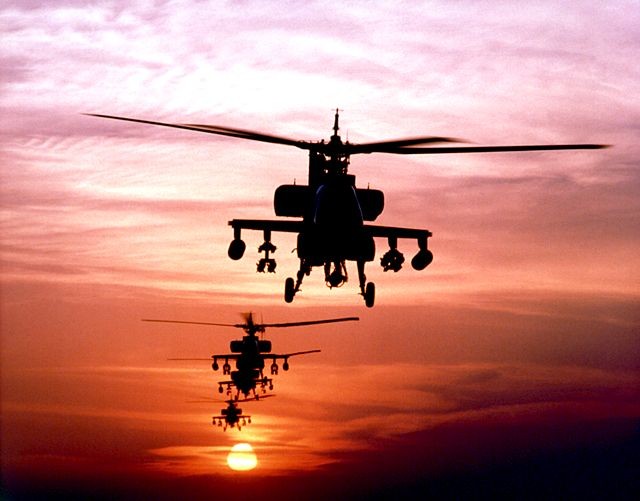 Eric Posner over at the Volokh Conspiracy makes an interesting prediction:
Eric Posner over at the Volokh Conspiracy makes an interesting prediction:"When historians write about the post-cold war era, which began in 1989, the date of its termination will not be 9/11/2001, as has been frequently claimed, but 8/7/2008, when Georgian forces attacked separatists in South Ossetia and Russia responded with an invasion. August 7 marks the end of American sole-superpowerdom, or hyperpowerness, or hegemony, or whatever you want to call it, an interval somewhat longer than but still very similar to the periods of global preeminence the United States enjoyed for a few years after World War I and World War II."
The war in Georgia has sparked some intense reflection on the state of international relations and American power. I agree that the American moment of hyperpower (I really love that term) is over. But this was never an unexpected development: the US used its hegemonic position after the Second World War to foster a liberal international economic order and promote stability, mutual economic cooperation, and growth. But hegemony is a concept that measures states’ relative power capacities, so by encouraging a system which facilitates world economic growth, sooner or later America’s power would decline in relation to the rest of the world. As hegemonic stability theory teaches us, a good hegemon sows the seeds of its own decline.
International relations is driven by political and economic factors. The political events by which we mark history may lead us to conclude that America’s decline is something new, but in reality the economic forces which caused it have occurred gradually since the end of World War II. Thus, while perhaps the political environment after the Cold War suggested an ‘end to history’, a cursory look at the world’s economic structure would have cautioned that, at best, history was taking a short break.
In any case, the world has certainly woken up. State relations will need to evolve to accommodate a new power structure, but I am not particularly pessimistic about a multipolar world. Today, the US is still the world’s most powerful nation politically, militarily, and economically. The United States will continue to lead but increasingly will need to engage with other nations on less favorable terms. That said, we should be careful not to overestimate the importance of Russia’s recent actions in Georgia. Economic growth has empowered both potential rivals like Russia and new partners like Brazil and India.
In many ways, Russia is an outlier in modern international relations and may need to be treated as such. Its wealth is based largely on strategic energy reserves. It is a bully when it comes to trade (look at its relations with the EU regarding natural gas.) But if you look at the other BRIC countries, you see economies with strong global links that have an interest in systemic stability. It is more likely that such countries can become “responsible stakeholders” in the global political-economic structure.
History clearly isn't over. But then again, it never was.
(Related: see Rory’s excellent treatment of the resurgence of nationalism over at IPE Journal)



No comments:
Post a Comment